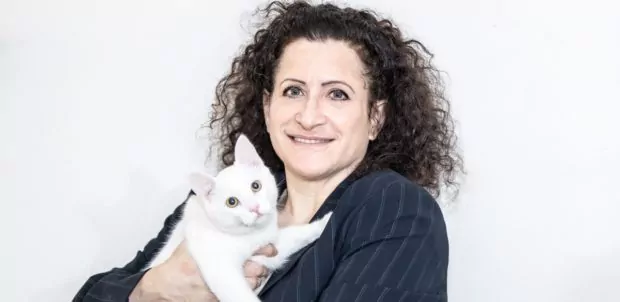Question: I’m on a fixed income of $700 a month, which is my only income. I pay rent, utilities, and I’m also trying to pay off old debts. Can you tell me how to save money on a low income? – Lee in Texas
Laura Adams, author, and host of Money Girl podcast responds…
Saving money when you’re on a fixed income or have an extremely tight budget can be challenging. To get ahead financially, you’ll need to be creative and persistent.
Try staying focused on what you can do with your budget, instead of what you can’t. You may not be able to save a huge amount quickly, but over time you can slowly create more financial security.
If you have no or little savings, make accumulating an emergency fund your top priority. Then you can work on those old debts. Here are four ways to learn how to save money on a low income.
1. Earn more money
Just about everyone can earn extra by creating one or more additional money streams. You could:
- Drive for Uber or Lyft
- Do online tutoring
- Get a seasonal second job
- Take surveys on Survey Junkie
- Do house sitting
- Deliver items for Instacart
- Offer services on Fiverr
- Sell items on eBay or Amazon
- Be a virtual assistant
2. Shop your recurring expenses
You probably have skills that can be used in a variety of jobs and types of work. Try something new to bring in extra cash for savings or paying down debt.
Be vigilant about shopping prices for all of your recurring utilities and services, such as cable, internet, wireless, and insurance. Use the following comparison sites to easily comparison shop:
- uSwitch
- WhistleOut
- Major Insurance
Taking the time to get rate quotes might seem like a hassle, but it’s an easy way to cut expenses so you free up more money to save. You might find that your current provider is giving you a great deal, but you won’t know until you shop around.
3. Automate savings
No matter your financial goals, automation is the trick to making saving a habit. It allows you to set aside money effortlessly and adjust to living on less.
For instance, if you want to build an emergency fund, set up a recurring transfer to an FDIC-insured bank savings account. Even saving a few dollars a month is better than nothing. Over time you can slowly increase this amount.
4. Negotiate debt settlements
If you’re dealing with old debts, consider settling them for less than you owe. You might be able to work out a payment plan or a lump sum amount.
Be sure to get an agreement with a creditor in writing before paying them. It should state that any partial payment or plan settles the entire debt in full and releases you from any further obligation.
This is important because in some states paying any amount of an old debt restarts a new statute of limitations period. This is a legal deadline when a creditor can sue you to recover the full amount of old debt.
If you have a large amount of past due debt, it’s wise to get legal help so you understand all your options and make the best decisions for your financial future.








